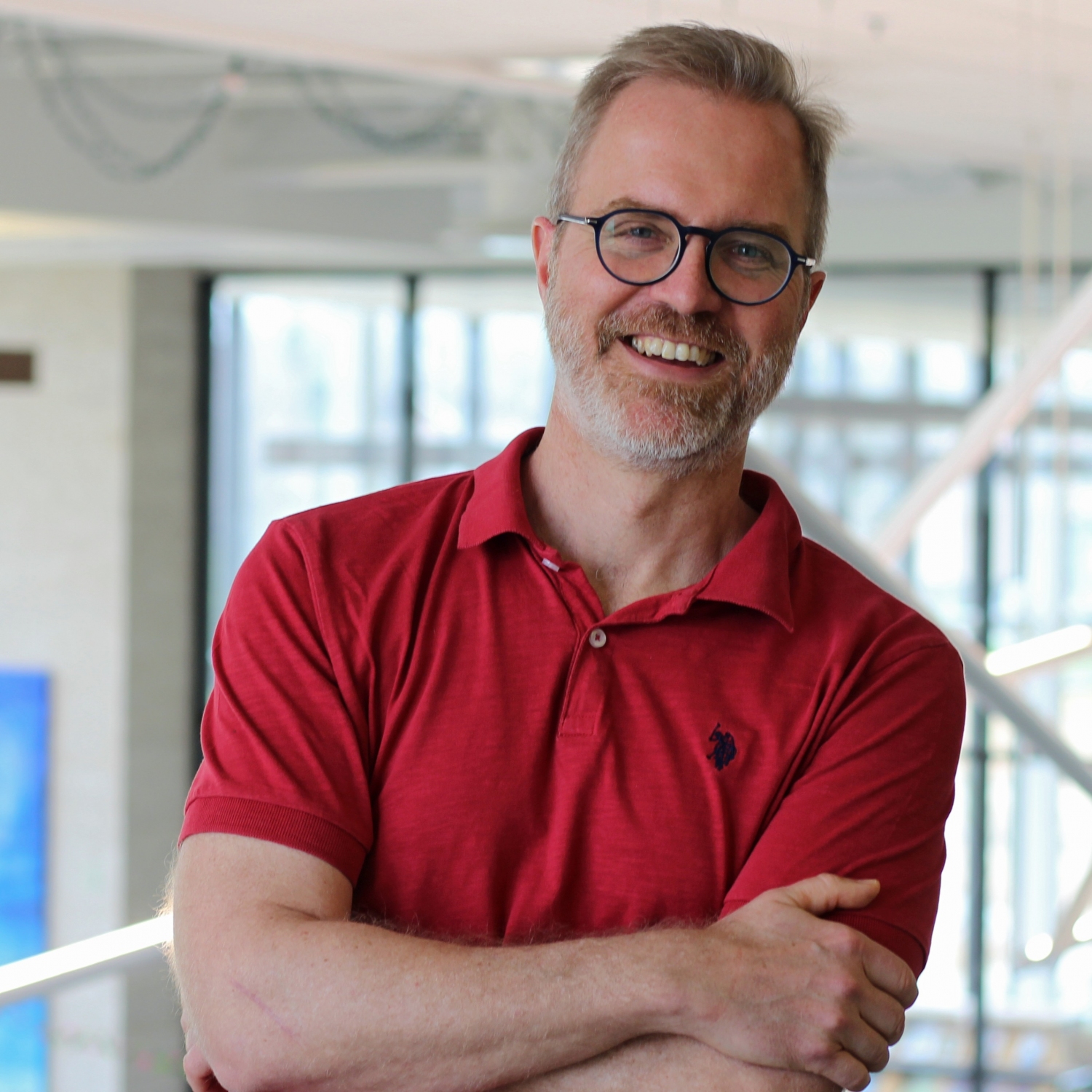News and Releases

News Releases
Professor brings innovative environmental justice course to social work program
Wednesday, November 20, 2024 @ 8:14 AM | News Releases
 Dr. Alexander Sawatsky, CMU Professor and Chair of Social Work
Dr. Alexander Sawatsky, CMU Professor and Chair of Social Work
"Social workers are uniquely qualified to work at the front lines of catastrophes." So why hasn't the field engaged more with the global climate crisis?
Dr. Alexander Sawatsky, CMU Professor and Chair of Social Work, is asking this question with a course he introduced this semester: Environmental Justice and Social Work Practice.
Developing a program from the ground up, like CMU's Bachelor of Social Work, which is in its first full year, means there are countless ways to shape its direction. Sawatsky and his colleagues chose Environmental Justice and Social Work Practice to be the first elective offered for the degree, to emphasize the topic's importance.
Students are learning in the class how climate change is affecting people's lives around the world, through issues like environmental racism, ecological anxiety, and the creation of climate refugees. They're exploring the role of social work in these contexts and reconciling social work's failure to centre the environment thus far.
Sawatsky said this negligence stems from social work's need to defend its mission of helping people and families, when not long ago the legitimacy of social work as a profession was still challenged. But he said it is essential they learn from other disciplines, especially the knowledge and expertise of Indigenous peoples, "to think of our community as more than the individual."
"We need to be responding to the way the world is, so that we continue to be relevant and helpful to it," he said. "Like it or not, climate change is a reality, and if we don't equip our students for that reality then we're failing them and the people they may end up helping."
While doing a social work program review for a different institution in 2018, Sawatsky found minimal literature or conversation between social work, decolonization, and environmental justice in his research of the broader field. Colleagues he spoke with across the country expressed affirmation and mutual interest in the direction he was exploring.
The course he developed as a result is the elective he's now teaching at CMU. The Bachelor of Social Work also includes environmental studies and biology in its degree requirements. "That's something we haven't seen before, and I think that's exciting," Sawatsky said. "CMU's social work program is on the very forefront of this new paradigm."
The movement is certainly growing. A recent conference of the Canadian Association for Social Work Education chose to focus on the environment. The American equivalent of that conference is also covering themes of environment and decolonization.
It's a logical connection—social workers are directly involved in helping vulnerable people meet their needs and work through challenges. The climate crisis will only continue to affect vulnerable people and minority communities the most, whether in countries in the global south or on the streets of Winnipeg.
The small class heard from guest speakers, like members of Manitoba's Climate Action Team, and visited Main Street Project—a community health agency offering harm reduction, shelter, and support—where they got their hands dirty helping in the garden and greenhouse.
Students were assigned the task of creating consciousness-raising groups, a practice popularized in the 1970s that helped people recognize the personal is political. Using class material and their newly gained ecological literacy, students must lead a small group throughout the semester in discussing the climate crisis, then reflect on the experience.
"My aim is that this course not only affect the people in the class," Sawatsky said. "I'd like them to actually pollinate out there afterwards."
KEYWORDS: social work, BSW, environmental justice, Alexander SAwatsky, Bachelor of Social Work, climate change

 Print This Article
Print This Article